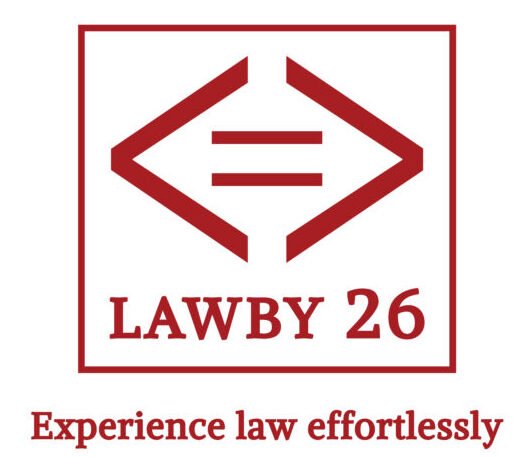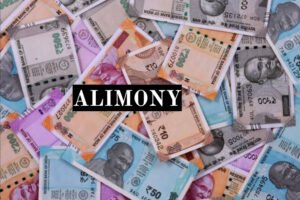The Indian Copyright Law regime failed to protect the rights of performers – actors or singers who performed in cinematograph films or sound recordings of singers thereunder. This meant that there was no protection or provisions which necessitated their permission for the use of works. This changed in 1994 where by means of an amendment to the Copyright Act of 1957, when specific provisions were inserted to protect the interests of performers under Copyright Law. This article will attempt to decode and analyse the rights of performers in India contained under the Copyright Act, 1957 (hereinafter referred to as “the Act”).
WHO IS A PERFORMER?
As per Section 2(q) of the Act, ‘performance’, in relation to the performer’s right, means any visual or acoustic presentation made live by one or more performers, and Section 2(qq) of the Act defines a performer to include an actor, dancer, musician, singer, acrobat, conjurer, snake charmer, juggler, a person delivering a lecture or any other person who makes a performance. According to Section 4, if a work is published or performed in public without the licence from the owner of the Copyright’s permission, it is not considered to have been published or performed in public, except in cases of copyright infringement.
RIGHTS OF PERFORMERS
The rights of the performer are enunciated under Chapter VIII of the Act. Section 38 provides that any performer appearing/engaging in a performance will be accorded with performers rights, of which will subsist for fifty [50] years. Performer’s rights are broadly classified into Exclusive Rights of Performer and Moral Rights of Performer.
Section 38A, which deals with the Exclusive Rights of Performers, confers performers the exclusive right to prohibit one from reproducing, issuing, communicating, selling, renting, broadcasting or storing any of the work produced by them without their authorisation. Section 38B, which deals with the Moral Rights of Performers, provides the performer with the right to identity and the right to restrain or claim damage in respect of any distortion, mutilation or other modification of his performance that would be prejudicial to his reputation, i.e., although the performer may forfeit his right upon payment, the law bestows upon him/her the moral right to protect his work.
In the case of AGI Music Sdn Bhd v. Ilaiyaraja and Anr., the Madras High Court, while ruling on the ownership of sounds in relation to cinematographic works, noted that Section 57 of the Copyright Act, 1957 bestows special moral rights with respect to musical works, authored by a composer. This entitles him to claim authorship of his work, take all measures necessary to preserve the integrity and purity of his work, honour and reputation and exploit such ‘musical works’ in any manner as he may desire, only barring in the form of the connected sound recordings that are an integral part of the cinematograph films, for which the respective producers of the films hold Copyright.
REMEDIES FOR INFRINGEMENT
Chapter XI, XII and XIII of the Act provide for the Infringement of Copyright, Remedies and Offences, respectively. Broadly speaking, infringement and the correlating remedy and offence can be either of a Civil or Criminal Nature. Under civil remedies, the copyright owner may seek a temporary or permanent injunction or damages in Court. In contrast, in criminal remedies, additional criminal penalties may apply where the infringer may be imprisoned for six months, up to three years, or fined Rs. 50,000 to Rs. 2,00,000, or both.
In Indian Singers Rights Association v. Night Fever Club and Lounge, the Delhi High Court, vide an Order of the Court, held that playing of songs by the Defendant in its restaurant without payment of royalty to the Plaintiff is a violation of the performer Right to Receive Royalty (R3) who are members of the Plaintiff. In this case, the restaurant used a number of songs, including performances by members of the Plaintiff copyright society, the Indian Singers Rights Association (ISRA), without obtaining ISRA’s permission and paying the required royalty charge. ISRA filed a legal notice to Defendant to obtain a Performer’s Right Clearance Certificate, but no response was received. The Court went on to observe that if the performer consents to the incorporation of his/her performance in a film, he/she may, by contract, retain his/her performer rights even in a film. Suppose written consent is given by the performer in a written agreement to the film’s producers. In that case, the performer cannot object to the enjoyment by the producer of the performer’s right in the same film as long as he/she continues to receive a royalty for the commercial use of his/her performance. The playing of songs by Defendant in its restaurant without payment of royalty to Plaintiff violates the Right to Receive Royalty (R3) of the performers who are members of the Plaintiff. The exploitation of the performances of the members of the Plaintiff by Defendant by playing the said performances in its bar and restaurant without obtaining Performer’s Rights Clearance Certificate thus constitutes an infringement of the Right to Receive royalty of the members of the Plaintiff Society. The suit is decreed in the above terms with costs of Rs. 20,000, which will be paid by Defendant to Plaintiff within four weeks.
ACTS NOT INFRINGING PERFORMER’S RIGHTS
Section 39 of the Act lays out instances which don’t amount to infringement of the Copyright of the performer and are limited to recordings for private use, teaching or research and acts with such adaptations and modifications which do not constitute infringement for the purposes of Section 52 of the Act.



